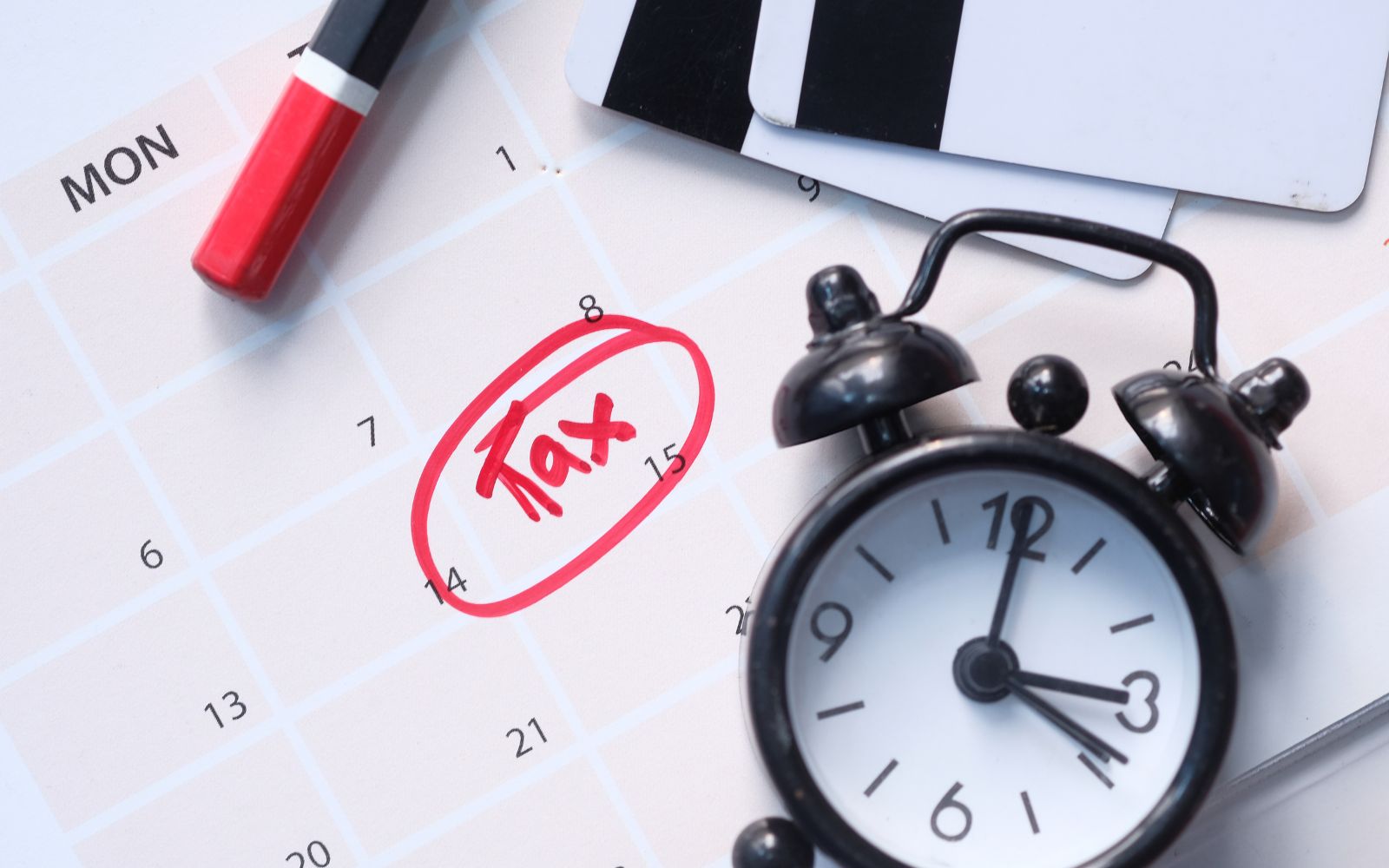Should you pay yourself a Salary or take Dividends?

When you run a company, it’s common to take a small salary as well as some dividends in order to fully benefit from employment allowances. This helps make your remuneration more tax-effective and helps you retain more profits.
Salary
Taking a salary allows you to secure a qualifying year for state pension and contributory benefits purposes.
For the next tax year (2019/20) the optimal level of salary depends on the age of the employee (under or over 21), and whether the employment allowance is available (assuming your personal allowance hasn’t been used for any other income and is available to set against your salary). The employment allowance is not available to companies where the sole employee is also a director (as in personal companies
Scenario A: If the employment allowance is available or the employee is not yet 21, the most tax-efficient choice is to pay a salary equal to the personal allowance of £12,500. Under personal allowance, the salary will be tax-free for the employee. It will also be free of the employer’s National Insurance contributions because:
- if employment allowance is available, that will offset the liability;
- if the individual is under 21, the salary in excess of the primary NI threshold will attract primary contributions of £464.16, but will be outweighed by a corporation tax saving of £734.9 – a net saving of £279.76.
Scenario B: If employment allowance is not available and the employee is 21 or over, the optimal salary for the next tax year is equal to the primary threshold for NI, which is £8,632. While this does not trigger a NI liability for either the company or the employee, it still enough to earn a qualifying year for state pension and contributory benefits purposes at no cost. Plus, it’s also deductible for corporation tax.
In both scenarios, paying a salary above the specified sum is not tax-efficient. Further amounts should be taken as dividends instead, as the National Insurance due for a higher salary would be higher than the relative corporation tax-deduction.
Dividends
Dividends can only be paid if the company has sufficient retained-profits available. Unlike salary payments, dividends are not tax-deductible and are paid out of profits net of corporation tax (at 19%).
However, dividends benefit from their own allowance – set at £2,000 for 2019/20 and payable to all individuals regardless of the rate at which they pay tax. Once the allowance has been used, dividends are taxed at lower rates than salary payments (7.5%, 32.5% and 38.1% rather than 20%, 40% and 45%).
Once the optimal salary has been paid, dividends should be paid to use up the dividend allowance. If further profits are to be extracted, there will be tax to pay, but the combined tax and National Insurance impact on dividends is less than for salary payments, making these the preferable option for Founders.
The information available on this page is of a general nature and is not intended to provide specific advice to any individuals or entities. We work hard to ensure this information is accurate at the time of publishing, although there is no guarantee that such information is accurate at the time you read this. We recommend individuals and companies seek professional advice on their circumstances and matters.




